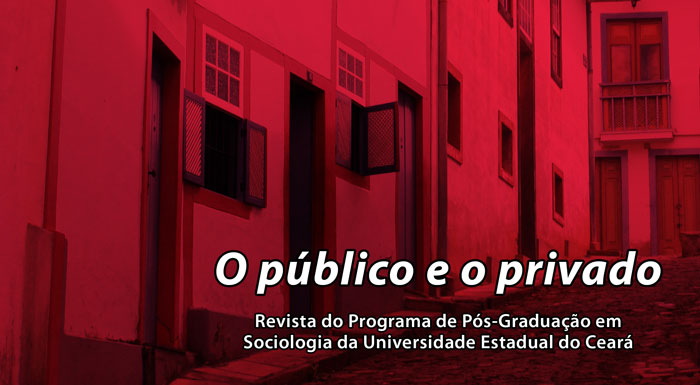Risky ethnography
the researcher before a rebellion in youth detention center
Keywords:
Adolescents in conflict with the law, Deprivation of liberty, Rebellion, Risky ethnographyAbstract
According to Geertz “there is no better job for a student than to destroy a fear” (2001). However, experience situations where fear is the limit tested was not provided in the Master thesis in sociology / UFC, entitled: “Codes of Honor: the daily life of the incarcerated youth in the São Miguel Educational Center”. On the other hand, ethnographing the dynamics and the daily life of a youth detention center — the extinct Fundação do BemEstar do Menor no Ceará, FEBEMCE (Juvenile’s Welfare Foundation in Ceará), made it possible to witness an unusual experience, as an example of the “imponderabilia” described by Malinowski (1976), it was substantiated in the unexpected immersion in a prison rebellion. In the juvenile detention center yard, the confrontation between rival groups had left several victims on the floor, who vomited a greenish discharge: blood, exposed fractures, bleeding heads and the inquiries of the researcher — who was also hurt by stone-throwing and acquired bruises during the rebellion. From the experience emerge reflections and questions: why the decision to endure so many fears, risks and dreads? What does mean (and did mean) the experience of the so-called “risky ethnography” in this analytical course? What to do in the face of chaos, extreme violence and barbarism? These are the threads and traces that this investigation follows.











